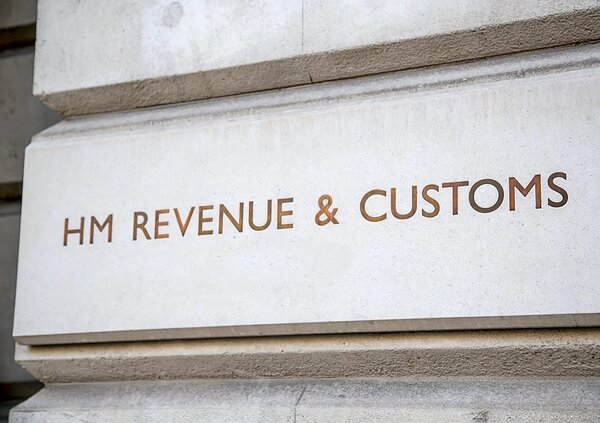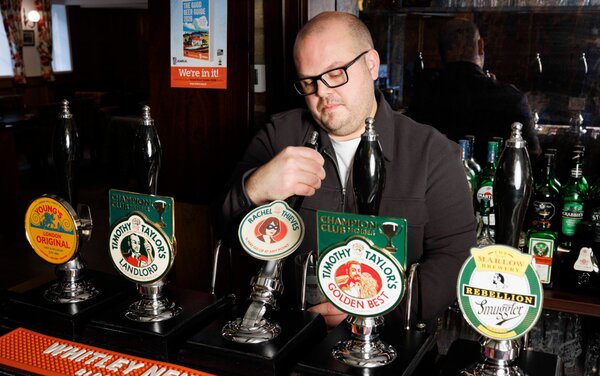The Taxable Nature of Tips

Whether you receive a tip for excellent service or a small bonus for outstanding performance, it is essential to understand how these gratuities impact your taxable income. In the United Kingdom, tips are considered part of your earnings and are taxable. The key is knowing what types of tips are taxable and how they should be reported to HM Revenue & Customs (HMRC).
Tips can be a significant portion of income for many workers, particularly in the hospitality and service industries. However, many are unaware of the regulations governing the taxation of these earnings. Ignoring this can lead to unpleasant surprises when tax time rolls around. To ensure compliance and avoid penalties, it's crucial to be informed about your responsibilities regarding taxable tips.
The Pie Tax App and Expert tax assistants available on the Pie app can simplify the process of reporting your tips. They help ensure you stay on the right side of the law while maximising your potential tax savings. Here, we delve into the specifics of what types of tips are taxable and how to report them correctly.
Types of Taxable Tips
Direct tips from customers, whether in cash or via card, are taxable and must be fully reported to HMRC. Service charges added to bills and distributed to staff by the employer are also taxable. Non-compliance can lead to significant HMRC penalties.
Tips paid through the employer’s payroll have taxes and National Insurance contributions deducted before reaching the employee. This ensures that all taxes are promptly accounted for, making the tip income compliant with tax laws.


Reporting and Compliance
It's crucial to keep detailed records of all tips received throughout the tax year. This includes maintaining a log of daily tips, totals at the end of each shift, and any amounts distributed by the employer. Accurate record-keeping facilitates seamless reporting during tax season.
The Pie Tax App can greatly simplify the process of recording and reporting tips. It allows users to effortlessly log each transaction, providing convenience and accuracy. The Expert tax assistants available on the Pie app can also offer personalised advice to ensure compliance with HMRC requirements.

In 2020, workers in the UK hospitality and service industry received an estimated £15 billion in tips. This highlights the importance of accurately reporting this income, as it constitutes a significant portion of earnings. HMRC reported that non-compliance with tax laws resulted in fines totalling approximately £10 million in 2021. Properly declaring tips can help avoid these hefty penalties.Statistics & Figures
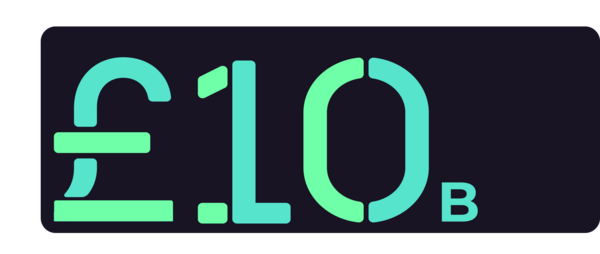
£15 billion in tips received by UK hospitality and service workers in 2020 denote a need for accurate tax reporting. HMRC levied fines amounting to £10 million in 2021 due to failure to report taxable tips, underlining the importance of compliance.Key Statistics
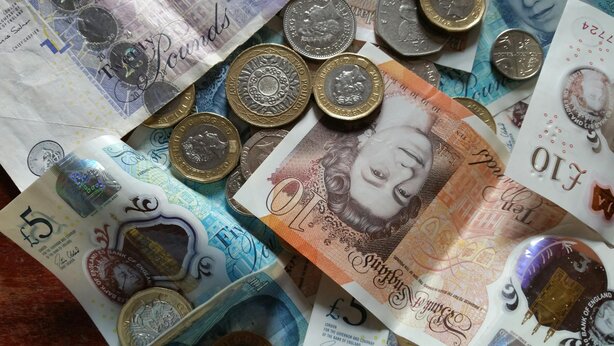
In-Depth Explanation
Tips are an addition to regular wages and are taxable income. Both employees and employers must report them to HMRC. Employees need to declare their tips for proper taxation within the fiscal year, while employers must include these tips in payroll when applicable.
Tips via automated systems or service charges are easier to manage than cash tips. Tools like the Pie Tax App help accurately report all types of tips. Regular tip recipients should budget for taxes and National Insurance contributions to avoid financial surprises. The Pie Tax App simplifies tracking and reporting, ensuring compliance and reducing stress.
Legal Implications
HMRC guidelines stipulate that all earned income, including tips, should be reported accurately. This regulation ensures that each worker pays the correct amount of tax and National Insurance. Failure to do so can result in significant legal repercussions, including fines and penalties, which can be stressful and financially draining.
Employers have a role to play too. They need to maintain accurate records of all service charges and distributed tips, ensuring these amounts are included in payroll. The Pie Tax App offers a streamlined solution for record-keeping and reporting, making the process easier for both employees and employers.

Top Tips

Predicted Changes Future changes in the UK tax code could further refine the way tips are taxed. Industry trends suggest a move toward cashless payments, which will likely simplify tracking and reporting for both employees and employers.

Digital Solutions The increasing popularity of digital solutions like the Pie Tax App provides a glimpse into the future of tax reporting. Automation can help both workers and employers ensure they remain compliant.

Legislative Updates Ongoing legislative changes could alter the way tips are treated. Staying informed through reliable sources can help you adapt to these changes effortlessly.
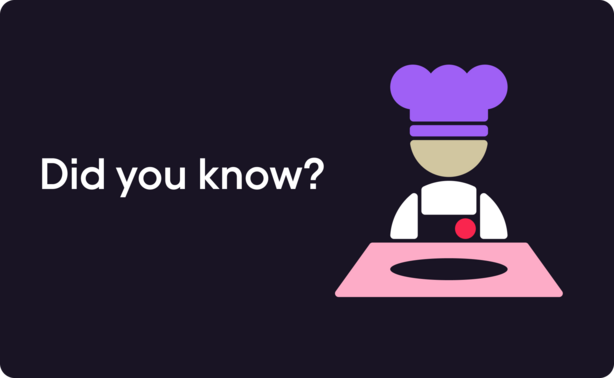
Fun Facts
The average tip for a meal in the UK is around 10%, a figure that's surprisingly consistent despite the variability in service charges and gratuities across different restaurants and regions.
Effective Management Strategies

To ensure that tip income does not become a financial burden at tax time, it is wise to set aside a portion of each tip received. This habit ensures enough funds to cover the taxes due when filing.
Utilising tools like the Pie Tax App can make the administration of taxable tips straightforward. This app helps keep track of every penny received, simplifying the end-of-year tax process significantly. The Expert tax assistants available on the Pie app are also there to provide advice tailored to your specific circumstances, ensuring full compliance with HMRC regulations.

Maintaining a daily log of received tips is crucial. It helps in tracking the total amount received, making it easier to report accurately to HMRC. Consistency in logging tips aids in organising finances effectively. Using automation tools like the Pie Tax App can reduce the risk of errors and ensure that all tips are accounted for. The app’s features make it convenient for workers to log, track, and report their tips efficiently, simplifying the tax process.Savings tips

Regularly monitoring tips helps in better tax planning and budgeting. By frequently assessing the total amount received, workers can allocate funds for tax purposes and avoid last-minute pitfalls. If managing tips becomes overwhelming, seeking guidance from expert tax assistants on the Pie Tax App can be invaluable. They provide expert advice and assist in ensuring that all HMRC guidelines are met.Financial Preparations
Summary
Understanding whether your tips are taxable is crucial for financial planning and compliance. In the UK, all tips constitute taxable income and must be reported to HMRC to avoid penalties. Whether you receive direct tips or those paid through payroll, meticulous record-keeping is essential for accurate reporting.
The Pie Tax App offers features that streamline the process of tracking and reporting tips, making it easier to manage your tax affairs. By using automation and consulting Expert tax assistants available on the Pie app, you can ensure full compliance and seize potential tax savings. Remember, staying informed and using the right tools can make tip income management straightforward and stress-free.
Frequently Asked Questions
Are cash tips taxable?
Yes, all cash tips you receive must be declared as part of your taxable income.
How should tips be reported to HMRC?
You should report tips through your Self-Assessment tax return or inform your employer so they can include it in your payroll.
What happens if I don't report tips correctly?
Failure to report tips accurately can lead to fines and penalties from HMRC.
Are service charges included in taxable income?
Yes, service charges distributed to staff are considered part of taxable income and must be reported accordingly.
Can the Pie Tax App help in reporting tips?
Absolutely, the Pie Tax App simplifies logging and reporting of tips, ensuring compliance with HMRC regulations.






